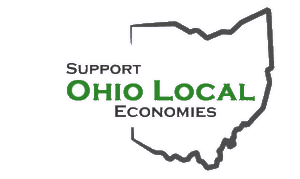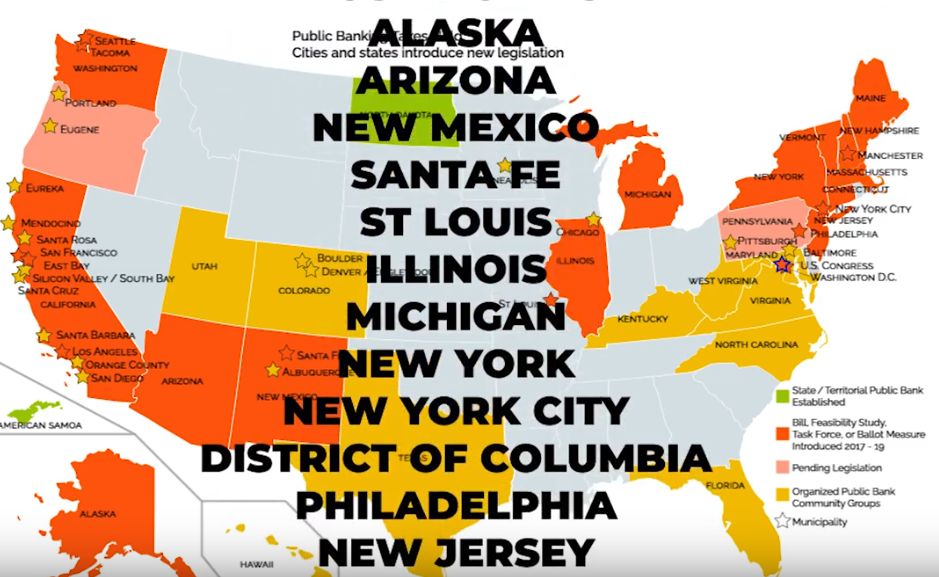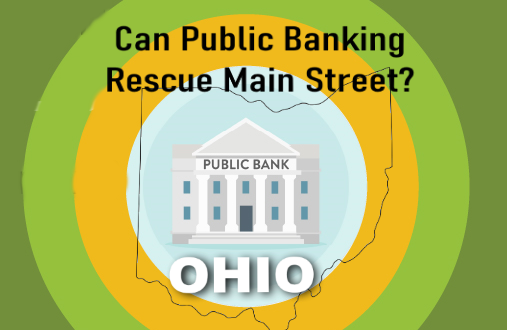Banks have superpowers that cities and towns can use to fund public works, without increasing taxes. Watch the power of public banking.
What is Public Banking?
Public banking is banking operated in the public interest, through institutions owned by the people through their representative governments. Public banks can exist at all levels, from local to state to national or even international. Any governmental body which can meet local banking requirements may, theoretically, create such a financial institution.
Public banking is distinguished from private banking in that its mandate begins with the public’s interest. Privately-owned banks, by contrast, have shareholders who generally seek short-term profits as their highest priority. Public banks are able to reduce taxes within their jurisdictions, because their profits are returned to the general fund of the public entity. The costs of public projects undertaken by governmental bodies are also greatly reduced, because public banks do not need to charge interest to themselves. Eliminating interest has been shown to reduce the cost of such projects, on average, by 50%.
Learn all about public banking at https://www.publicbankinginstitute.org







